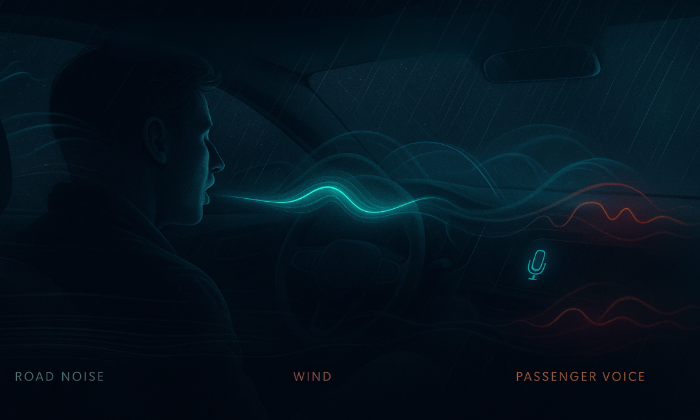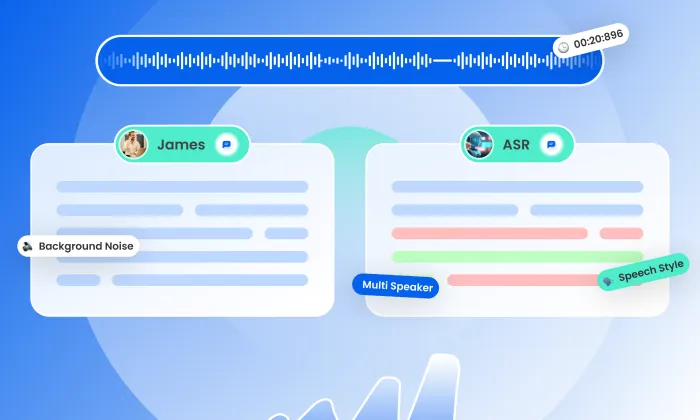Are multilingual voice cloning datasets available?
Voice Cloning
Multilingual
Speech AI
Multilingual voice cloning datasets are vital tools in the advancement of speech synthesis technologies, enabling AI systems to replicate human voices across various languages and dialects. These datasets are the backbone for developing applications like virtual assistants, gaming characters, and accessibility tools that require natural and expressive speech.
Why Multilingual Voice Cloning Datasets Matter for AI Development
In today's interconnected world, the demand for AI systems that can communicate in a user's native language is growing rapidly. Multilingual speech data are essential for:
- Enhanced User Experience: Allowing AI systems to interact naturally with users in their preferred language and accent, making interactions more personal and engaging.
- Market Expansion: Enabling companies to reach broader audiences by supporting multiple languages, thus increasing their market presence and user engagement.
- Inclusivity: Giving voice to underrepresented languages and dialects, ensuring that AI technologies are accessible to a diverse range of users.
Key Steps in Creating Multilingual Voice Cloning Datasets
Creating these datasets involves several critical steps to ensure they are effective and high-quality:
- Diverse Speaker Recruitment: It's crucial to include speakers of varied genders, ages, and regional accents. Speech data collection typically includes at least two speakers per language, ensuring a broad representation of vocal characteristics.
- High-Quality Audio Recording: Recordings are conducted in professional studios using industry-standard equipment. This ensures high fidelity and accuracy, with specifications like WAV format, 48kHz sample rate, and 24-bit depth to eliminate distortions.
- Comprehensive Data Annotation: Metadata such as speaker demographics, emotional tone, and context are meticulously annotated. This enhances the dataset’s value by providing necessary cues for model training.
- Rigorous Quality Assurance: FutureBeeAI implements a thorough QA process, reviewing each recording for quality and transcription accuracy using manual inspections and specialized tools.
Real-World Impacts & Use Cases
Multilingual voice cloning datasets have significant real-world applications:
- Virtual Assistants: Companies like Google and Amazon use these datasets to improve their assistants' ability to interact naturally in multiple languages.
- Gaming: Developers create immersive gaming experiences where characters speak in different languages, enhancing realism and engagement.
- Accessibility: Technologies are developed to aid those with speech impairments, offering personalized voice solutions that cater to individual linguistic needs.
Considerations and Challenges
When working with multilingual voice cloning datasets, some challenges include:
- Balancing Dataset Size and Quality: Larger datasets provide more data, but quality should never be compromised. High-quality recordings from fewer speakers can be more beneficial than a large number of poor-quality recordings.
- Resource Allocation: Covering a wide array of languages requires significant resources. Focusing on fewer languages with high-quality data might be more effective for some projects.
The Future of Multilingual Voice Cloning Datasets
As the demand for multilingual applications continues to rise, multilingual voice cloning datasets will play an increasingly critical role in bridging communication gaps and enhancing user experiences globally. FutureBeeAI is at the forefront of providing these datasets, ensuring they are ethically sourced, diverse, and of the highest quality, enabling AI teams to develop innovative and inclusive voice technologies.
FAQs
Q. What are the main applications of multilingual voice cloning datasets?
A. These datasets are essential for developing virtual assistants, gaming characters, and accessibility tools, providing natural and expressive speech in multiple languages.
Q. How does FutureBeeAI ensure ethical sourcing of voice data?
A. FutureBeeAI ensures ethical sourcing by obtaining informed consent from speakers, maintaining transparent usage agreements, and adhering to data protection regulations like GDPR.
What Else Do People Ask?
Related AI Articles
Browse Matching Datasets
Acquiring high-quality AI datasets has never been easier!!!
Get in touch with our AI data expert now!








